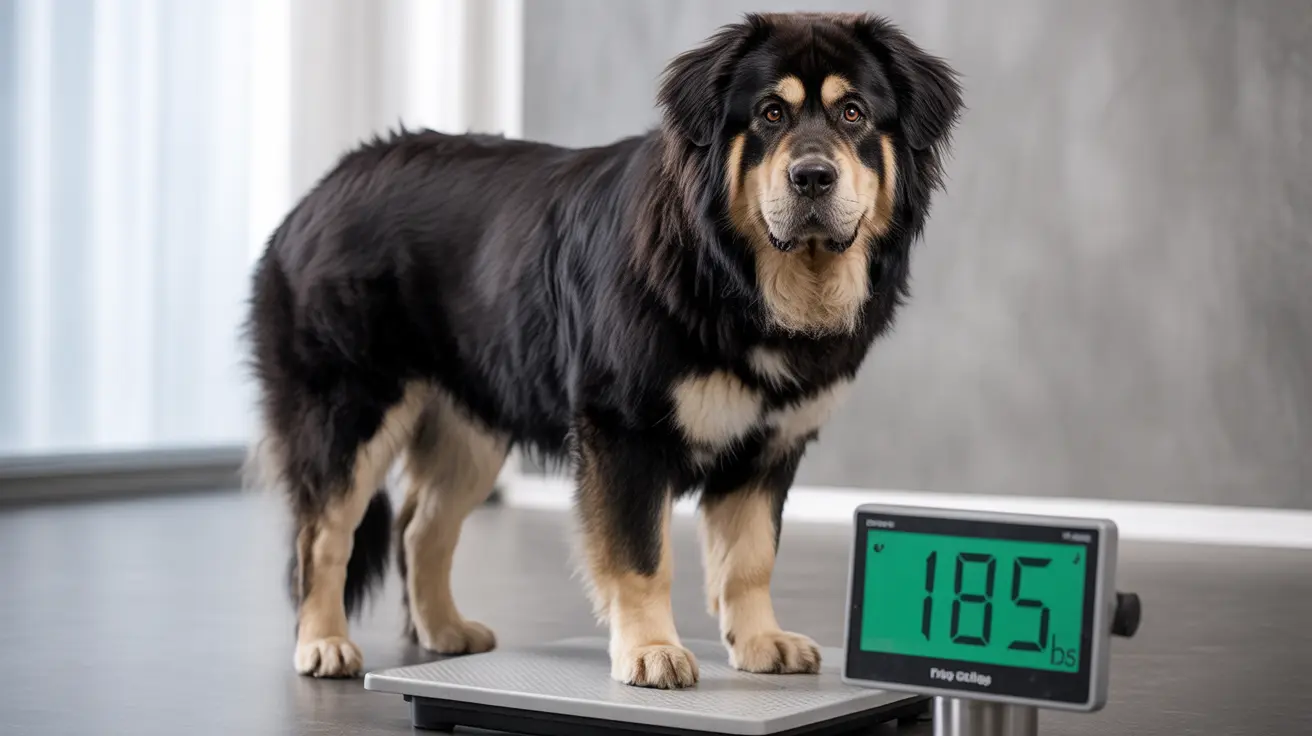Understanding the Importance of Regular Pet Weighing
Monitoring your dog's weight is crucial for maintaining their overall health and well-being. Weight fluctuations can signal underlying health issues, and regular weighing helps track growth in puppies, manage weight loss programs, and ensure proper medication dosages. Unlike human bathroom scales, specialized dog scales provide accurate readings even when pets move or fidget during weighing.
Types of Dog Scales Available
Small Pet Scales
These compact scales are perfect for puppies and small breeds, typically supporting weights up to 55 pounds. They often feature higher precision measurements, making them ideal for tracking subtle weight changes in smaller animals.
Large Dog Scales
Designed for medium to large breeds, these scales usually accommodate weights between 220-700 pounds. They feature larger platforms and sturdy construction to ensure stability and accuracy for bigger dogs.
Essential Features to Consider
Accuracy and Precision
Look for scales with high-precision sensors that can detect small weight changes. The best dog scales offer readings accurate to within a few ounces, which is crucial for medication dosing and health monitoring.
Anti-Movement Technology
Many modern dog scales include wiggle-proof technology or weight-locking features that provide accurate readings even when your pet moves during weighing. This feature is particularly valuable for active or anxious dogs.
Platform Size and Construction
Choose a scale with a platform large enough for your dog to stand comfortably. Non-slip surfaces or removable rubber mats enhance safety and reduce anxiety during weighing sessions.
Tips for Successful Weight Monitoring
Creating a Routine
Weigh your dog at the same time of day, preferably before meals, to ensure consistent readings. Regular weighing helps establish patterns and makes the process less stressful for your pet.
Making Weighing Sessions Positive
Use treats and positive reinforcement to help your dog associate the scale with pleasant experiences. This approach can significantly reduce anxiety and make future weighing sessions easier.
Frequently Asked Questions
How do I choose the best dog scale for my pet's size and breed?
Consider your dog's size and weight range when selecting a scale. For small breeds, choose a scale with higher precision and lower weight capacity. For larger dogs, prioritize platform size and stability with appropriate weight capacity.
What features should I look for in a dog scale to get accurate weight readings?
Look for features like anti-movement technology, digital display, non-slip surface, and appropriate weight capacity. Additional features like weight memory and USB charging can be beneficial but aren't essential.
How can a dedicated dog scale help me monitor my dog's health at home?
A dedicated dog scale allows for regular weight monitoring without stressful vet visits, helps track medication dosing, monitors dietary changes, and enables early detection of health issues through weight fluctuations.
What are the benefits of using a dog scale with wiggle-proof or hold functions?
These features ensure accurate readings even when your dog moves during weighing, reducing stress and the need for multiple attempts to get a precise measurement.
How often should I weigh my dog, and what's the best way to weigh them stress-free?
Monthly weighing is typically sufficient for adult dogs, while puppies, senior dogs, or those with health issues may need more frequent monitoring. Use treats and positive reinforcement to make weighing sessions enjoyable, and always weigh at the same time of day for consistency.
Conclusion
Investing in a quality dog scale is an important step in maintaining your pet's health. By choosing the right scale with appropriate features and following proper weighing techniques, you can effectively monitor your dog's weight and catch potential health issues early. Remember to make weighing sessions positive experiences and maintain consistent recording of your pet's weight data.






